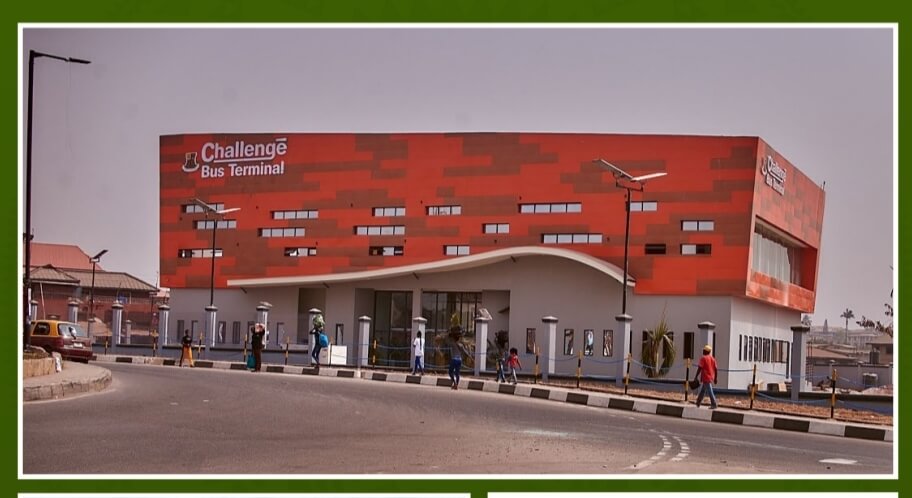Kolapo Temitope Glorious has initiated a competition to win the Best LG (Local Government) of the Year award. His recent efforts in evacuating a significant volume of waste from the Olorunsogo bridge a few weeks ago clearly demonstrate the necessity of decentralizing waste management in the state.

This initiative is part of a broader strategy by the state government to enhance waste collection services. By breaking the previous monopoly held by Mottainai Recy and incorporating additional relevant contractors, there have already been notable improvements in waste management. However, it is crucial to explore more sustainable solutions beyond these initial steps.
Decentralizing waste management allows for tailored approaches that consider the unique needs of different communities. Localized strategies can be more responsive and efficient, addressing waste issues at their source rather than relying solely on centralized systems. This approach not only improves the effectiveness of waste collection but also fosters community involvement and accountability.
Furthermore, our current systems and neighborhood planning underscore the challenges of motorizing waste management. The infrastructure in many areas is not conducive to large-scale waste collection vehicles, which often struggle with accessibility and maneuverability in densely populated or poorly planned neighborhoods. By adopting decentralized methods, we can implement more flexible and adaptive solutions, such as smaller, more agile vehicles or community-based collection points, which can significantly enhance efficiency.
Additionally, promoting waste reduction and recycling at the local level is essential. Educational campaigns and community initiatives can encourage residents to minimize waste generation and participate in recycling programs. This not only reduces the burden on waste collection systems but also contributes to environmental sustainability.
In conclusion, while the state’s efforts to improve waste collection through diversified contracting are commendable, it is imperative to pursue further sustainable solutions. Decentralizing waste management, improving neighborhood planning, and fostering community involvement are key strategies that can address the underlying challenges and pave the way for a cleaner, more efficient waste management system.
Idris Animasaun
Architect and Social Change Advocate
Writes from Molete, Ibadan.



